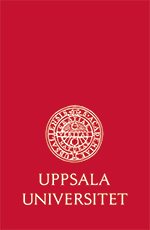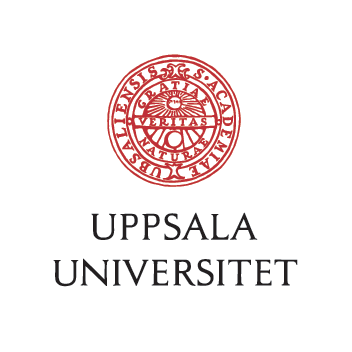Analytic competence
The text should convey that the author has examined, questioned, and analyzed their material. The reader should be able to clearly understand how the author's work relates to the subject area, to earlier results in the same area, and to similar results in other closely related areas. It must be obvious that the author has not just accepted the statements and results of others, but that they have questioned and analyzed both their own work as well as any sources used.
In an academic text, any results are discussed, as well as how they were obtained, any other methods that could have been used, and any other possible results that could have been obtained. The point is to show that as many different aspects of the problem as possible have been investigated, and that an exhaustive analysis has been done. It is thus not sufficient to simply present results and how they have been obtained.
Examples
"We tested the robot on a 10 meter track, observing that it ran in a straight line 8 out of 10 times."
The results are presented, but there is no reflection or discussion. Are the results good or bad?
"We tested the robot on a 10 meter track, observing that it ran in a straight line 8 out of 10 times. The robot veered left during the other two runs, after 8.7 meters and 8.9 meters, respectively. This may be due to the presence of a small pebble on the track, or to the robot being disturbed by signals from ..."
The author presents the results and discusses possible reasons for the errors observed.
When explaining methodology, presenting a result, or making an argument, you must support this by making references to sources. If you do this correctly, your argument will be stronger. It is not enough to simply refer the reader to a source; you must show that you have examined and analyzed it, too.
Examples
"We programmed our prototype in Java because it seemed like a good idea."
No critical thinking; no argument for why Java would be a good choice in this case.
"Based on the recommendations of Smith och Jones [4], we programmed our prototype in Java."
It is a good idea to be careful when using recommendations from other authors to motivate your choices. An exception is if Smith and Jones are the acknowledged and well-known authority on suitable programming languages in the particular area at hand.
"In their classic study [4] Smith and Jones recommend Java, but later works [5, 8] indicate that C++ may be a better choice. Based on this, we have chosen to use C++ in our project."
The author shows that they have thought one step further, taking into account later criticism when making their choice.
"We have used Java, since it is also used in a number of other studies [4, 5, 8] in the area, and we would like to be able to compare our results with these."
Given that [4, 5, 8] are good sources, this may be a good argument (comparability).
Back to Academic writing


